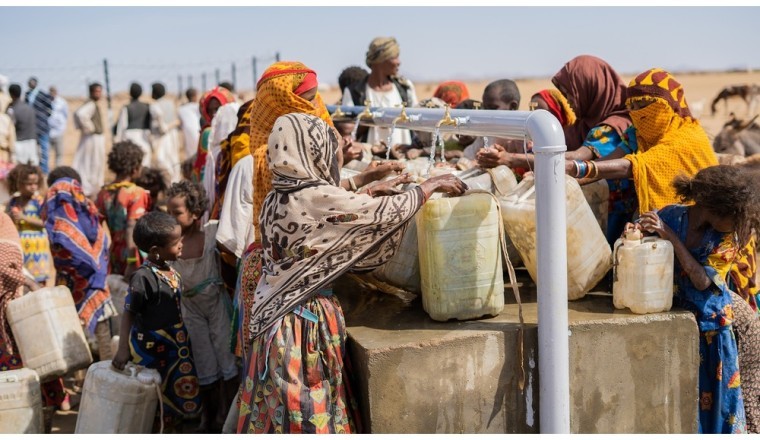
Abu Dhabi, United Arab Emirates — Beyond2020, the UAE-driven humanitarian initiative launched by the Zayed Sustainability Prize and its partners, has improved safe water access for 20,000 people in the rural villages of Tawait and Tahger in East Sudan. Two mini solar-powered water yards – a groundwater pumping system that supplies 20 litres of water per day per person – have been installed in the villages to enhance water accessibility, improve hygiene, and promote better health.
The Beyond2020 deployment in Sudan was implemented by the 2017 Zayed Sustainability Prize winner Practical Action, a UK-based non-profit organisation that works with communities to develop solutions to address the challenges they face through creative and sustainable solutions.
Both villages are in the densely populated Telkuk District of the Kassala State. The people of Telkuk are nomadic pastoralists who raise livestock and move seasonally through vast areas in search of grazing and water supply. Consecutive years of drought and a degrading environment have affected these vulnerable groups, who faced major livestock losses and threats to their traditional way of life. This has reduced the seasonal migration of livestock to shorter distance grazing while also impacting the population’s rain-dependent agricultural cultivation due to their inability to move around.
Climate change in these areas has led to decreased rainfall and increased temperatures, resulting in reduced groundwater availability. Periodic flooding has also increased, leading to the destruction of water supply infrastructure, as well as soil erosion, loss of crops and livestock, and the destruction of forests and pastures.
Sarah Roberts, CEO of Practical Action, said: “We would like to thank the Beyond2020 initiative, its partners and the UAE government for supporting the effective and swift provision of clean water for drinking and sanitation for a remote, rural community in a populated region of East Sudan, impacted by climate change. This improves access to one of the most important human needs and in turn, basic, public services at large.”
The humanitarian project in Sudan aims to improve hygiene and mitigate unsanitary practices that lead to the contamination of surface and ground water sources, particularly during the rainy season, to address and minimise the high incidences of water-borne diseases, particularly among children. A study conducted by Practical Action during the planning phase showed that as many as 21% of children in the targeted community report diarrheal diseases.
Another key issue that the Beyond2020 deployment set out to tackle was the long distance that villagers, especially women and children, had to travel to get the local water source. Without access to vehicles, they would have to travel across harsh terrain by foot, ranging between 2 to 4 kilometers, and often around delta banks most affected by water borne diseases. This includes crossing an invasive mesquite tree forest that poses health risks for humans and livestock.
Furthermore, the Beyond2020 deployment in Sudan has created a Sanitation and Hygiene Management Committee at the community level to strengthen awareness of how to use water supplies safely, sanitation, hygiene services, as well as productive uses of energy. The Committee includes women, with a 30% female representation, to ensure that women’s concerns influence decisions.
In addition, two women-managed farms will be established to use excess water from the solar powered mini water yards. This will provide women with access to outdoor income opportunities, nutritious food, new vegetable varieties, as well as training.
Beyond2020 brings together a leading number of partners, which include Abu Dhabi Fund for Development, Mubadala Energy and Masdar.
As part of the Beyond2020’s impact to-date, a total of 14 deployments have been rolled out, including energy, health, water and food-related solutions in Nepal, Tanzania, Uganda, Jordan, Egypt, Cambodia, Madagascar, Indonesia, Bangladesh, the Philippines, Rwanda, Peru and Lebanon. In addition to Sudan, another 6 countries have been identified as deployment grounds going forward.










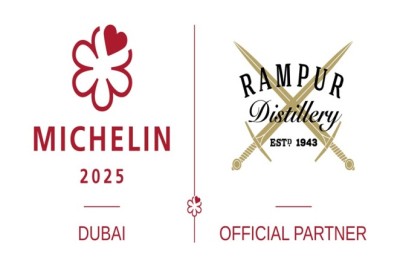
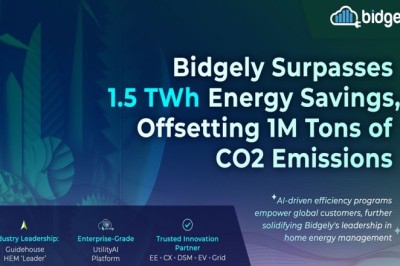
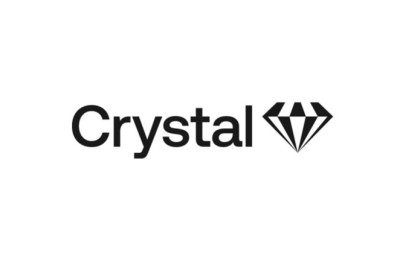
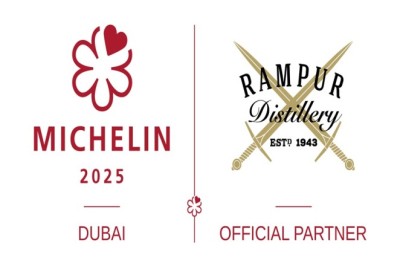




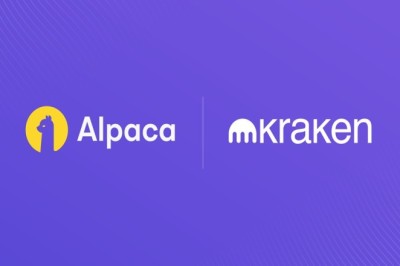
Facebook Conversations
Disqus Conversations